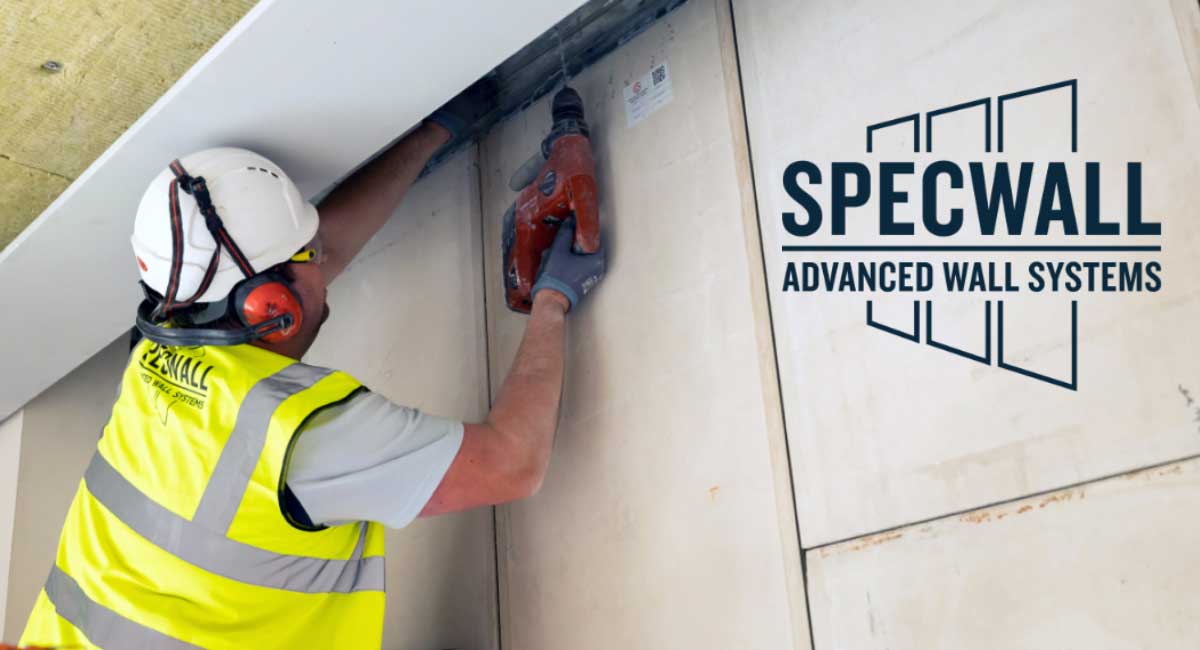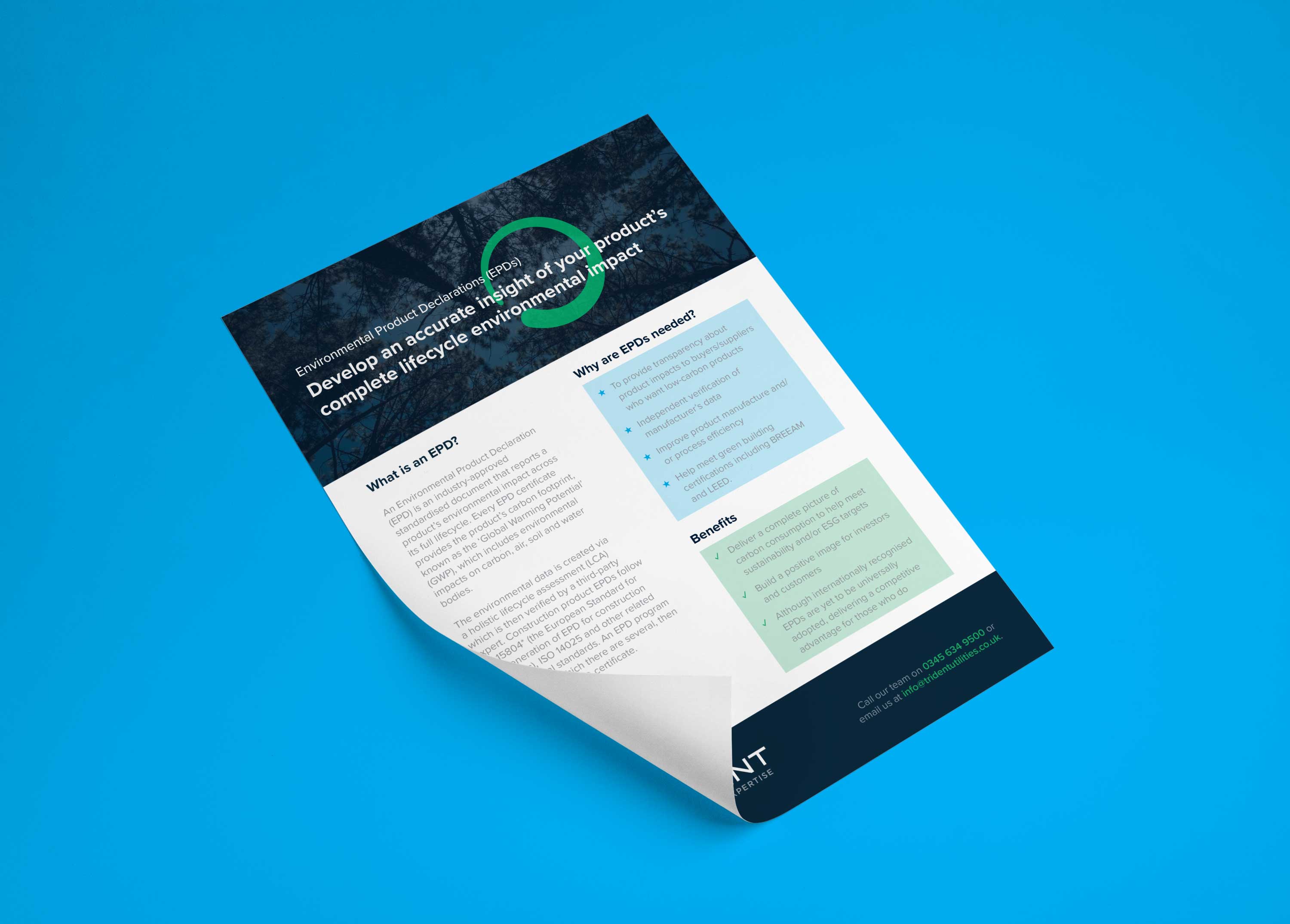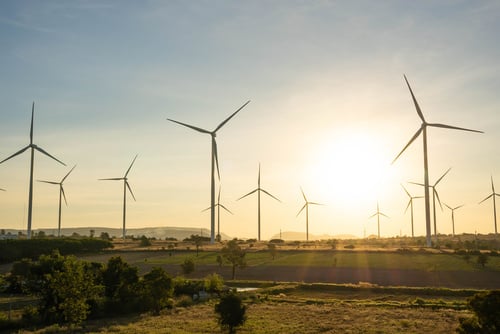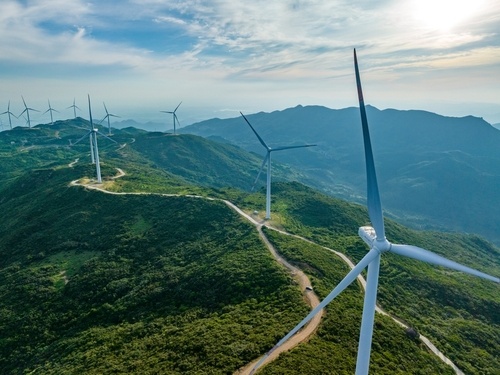In order for the UK and the wider planet to achieve net zero carbon emissions, there must be clear communication across the full supply chain. Although the immediate focus is on Scope 1 and 2 emissions, complete net zero relies on reducing Scope 3 emissions. This will have a huge impact on the decision-making around what products and services businesses choose.
It means your customers will become increasingly insistent on knowing the full extent of your carbon footprint. How quickly that becomes a core concern will depend on a few factors, as we'll discuss in this article. But if you create a physical product, then there’s a solution to delivering this answer; Environmental Product Declarations (EPDs).
What businesses can benefit from EPDs?
There’s a simple answer to this question; if you make a physical product then, technically, you’ll be able to gain an advantage from an EPD. This will be the case whether your firm knocks out sandwiches or sandbags, chemicals or confetti.
A simple answer doesn’t, however, give the full story. EPDs come with several advantages, something we’ve covered previously in our article Five benefits of an EPD. Arguably the most important, certainly for this question, is the insight it offers into the carbon consequences of buying your products. This suggests that the value of an EPD for your business will likely be based on how important Scope 3 emissions are to your customers.
This has certainly shaped the demand EPDs have seen across sectors so far. The construction industry has been an early adopter, particularly as EPDs support meeting green building certification initiatives like Building Research Establishment Environmental Assessment Method (BREEM) and Leadership in Energy and Design (LEED).
They’re also becoming increasingly prevalent within manufacturing sectors for products typically bought by other businesses, including chemicals, machinery and plastics. Across Europe and the rest of the planet, uptake is much more widespread, with metalwork, food and even the generation of electricity all now with businesses utilising EPDs.
If my sector isn’t using them, does this mean we don’t need to?
If you have a customer base that will only consider products with accurate carbon data EPDs are an obvious way to reassure them. When your customers are less militant about this, holding off on investing in EPDs may seem like a prudent step financially.
The reality is accurate carbon data will become increasingly valuable for everyone. An EPD will give you a clear way to showcase an accurate environmental impact for your product and when that is a quirk rather than the norm, it delivers you a USP.
It’s also highly relevant for B2C products, with sustainability a huge differentiator in everything from fashion to food. The latter has already seen clamour for carbon labelling to become as synonymous as nutritional information, a practice already taken up by brands including Quorn and Oatly. B2C customers might not understand the intricacies of an EPD, yet, but they will recognise your carbon footprint.
There are also the stakeholders beyond your customers to consider. It’ll help recruitment as candidates are becoming more motivated by a business’ environmental policies. And if you’re looking for external investment, EPDs reiterate your sustainability credentials. These are crucial for ESG and reassure any investment that your business is set up to robustly tackle the future.
It's this sense of futureproofing that EPDs provide. Although they only last for five years, their analysis of the full life cycle of a product enables the people your business relies on to make positive decisions about you. People will find it much easier to choose your product to buy, business to work for or project to invest in when the environmental impact can be accounted for.









